Keywords: Border Protection
-
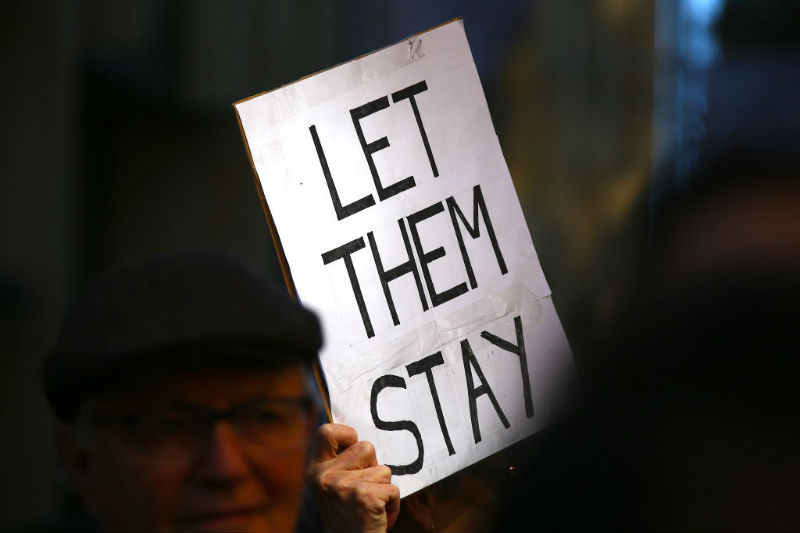
AUSTRALIA
- Kerry Murphy
- 24 April 2020
7 Comments
On 17 April 2020, the Federal Court ordered that Immigration had failed to comply with procedural fairness for the family. The case is known by the pseudonym XAD. The XAD case relied on significant legal principles going back to the M61 High Court decision of 2011.
READ MORE 
-
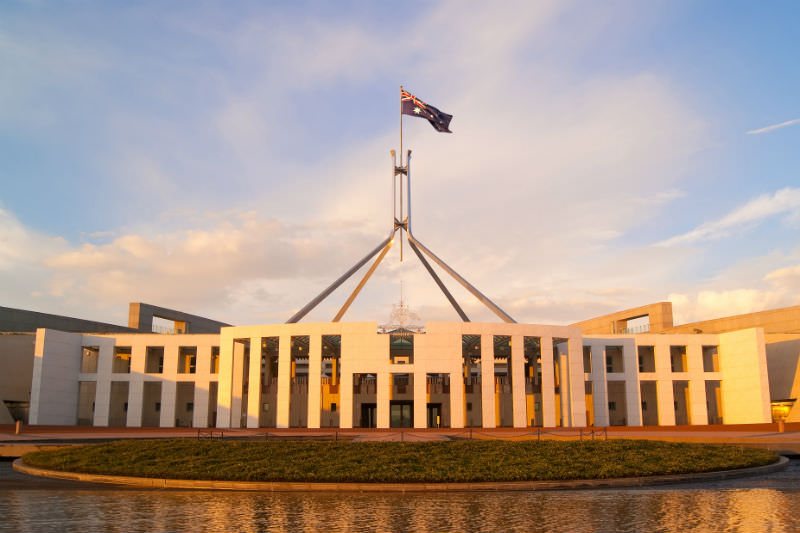
AUSTRALIA
- Justin Glyn
- 20 April 2020
7 Comments
The question remains, however, is there a straight binary trade-off between granting the state power (to organise lock-downs, track its populace and coerce the people) and keeping its people safe?
READ MORE 
-
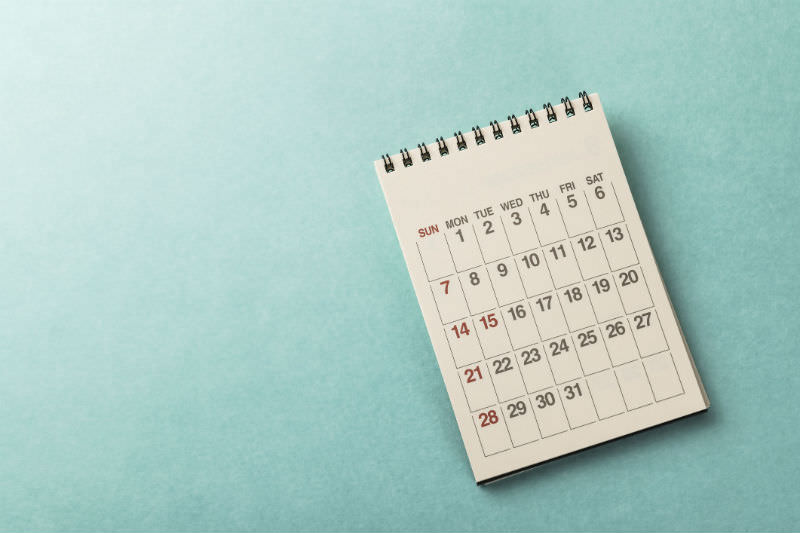
ARTS AND CULTURE
- Philip Harvey
- 20 April 2020
4 Comments
Reports of the rain are weak front, then strong. Sunshine headline news, or so it appears. I whisper the tune from a scratchy disc. Maybe Tuesday will be my good news day.
READ MORE 
-
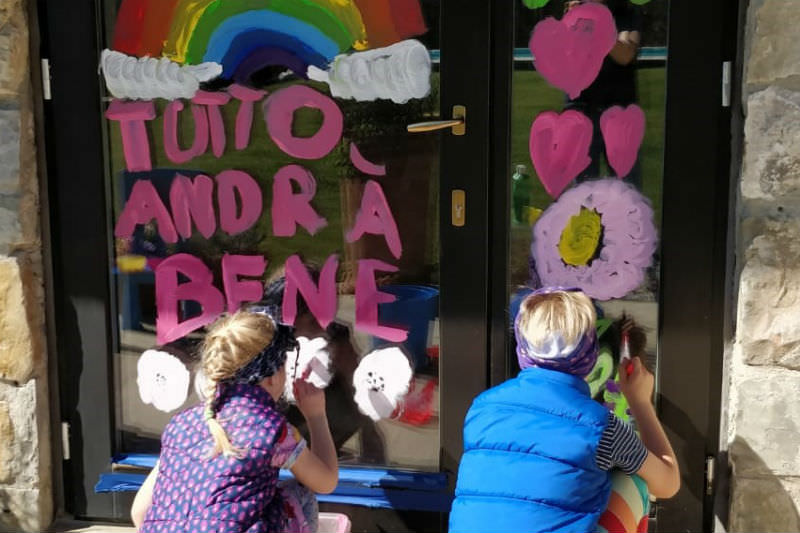
INTERNATIONAL
- Marta Achler
- 16 April 2020
2 Comments
The internet and the online spaces are indeed becoming our lifeline for expression and assembly. This lifeline is under threat and deserves much more protection than it currently has under international law. We now have an immediate opportunity to remedy that.
READ MORE 
-
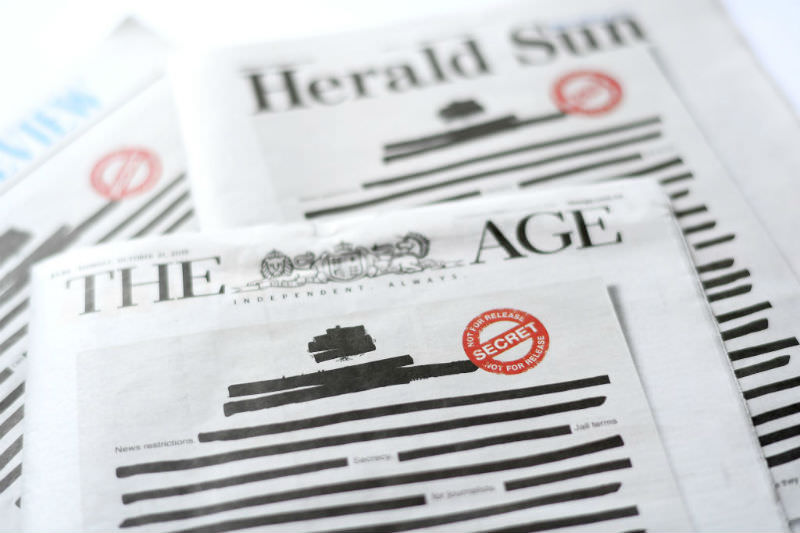
AUSTRALIA
- Binoy Kampmark
- 16 April 2020
4 Comments
The opacity of the Australian public service, and its disposition to secrecy, has left journalists in a bind. Leaks constitute the oxygen of the secret state, but publishing that material remains a dangerous affair.
READ MORE 
-

AUSTRALIA
- Kate Galloway
- 15 April 2020
5 Comments
Who knew that the greatest moral debate of our time would be whether or not to wear a mask? Having sewed my first mask many weeks ago, I’ve been following the millions of words written and spoken on the efficacy of masks, whether to wear them, who should wear them, how to use them, and how to make them. In a genre that is already bending my brain, there is a special sub-category of mask-shaming.
READ MORE 
-

INTERNATIONAL
- Gillian Bouras
- 15 April 2020
17 Comments
In these troubled times of COVID-19, most news bulletins concentrate on the daunting figures from Italy, Spain, Britain and the USA. Little countries don’t get much of a mention. Greece is a little country.
READ MORE 
-

ARTS AND CULTURE
- Andrew Hamilton
- 18 March 2020
12 Comments
I've been watching Stateless, the ABC drama about Australia’s immigration detention system, with some reluctance. Not because it is poor, but because it is so powerful.
READ MORE 
-

AUSTRALIA
- Kate Galloway
- 17 March 2020
18 Comments
How to make sense of what is going on? I think that there are ostensibly competing discourses at play. Apart from widespread community concern, or even fear, I see three different spheres of risk that are melding together in the collective (non-expert) consciousness: public health, personal health, and workplace health and safety.
READ MORE 
-
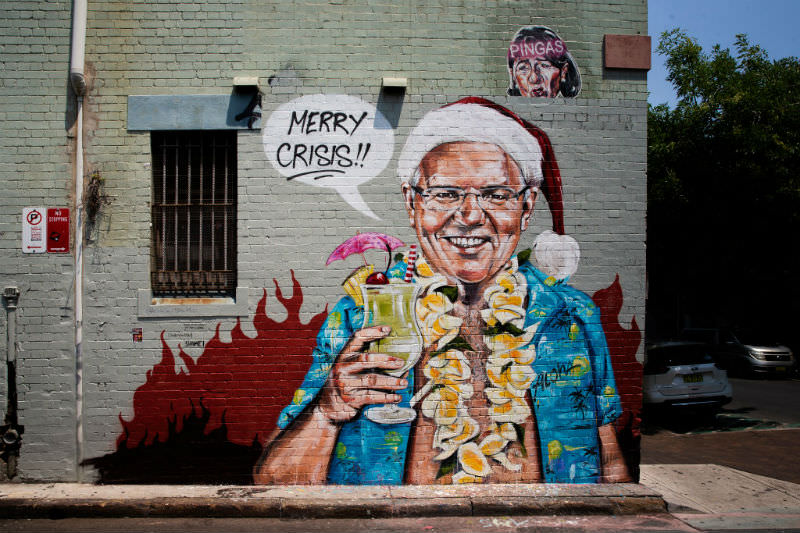
INTERNATIONAL
- Jeremy Clarke
- 16 March 2020
10 Comments
Since late 2019, both President Xi Jinping and Prime Minister Scott Morrison have come under fire for their shortcomings in times of national crisis. China as a hotspot of COVID-19 and Australia with the quartet of severe climate change, a lengthy drought, an horrific fire season and the inevitability of the coronavirus crashing onto our shores.
READ MORE 
-

AUSTRALIA
- Geetanjali Sharma
- 11 March 2020
10 Comments
While family violence and intimate partner violence are spoken about in Australia, there isn’t much general knowledge when it comes to the court process and what happens next.
READ MORE 
-
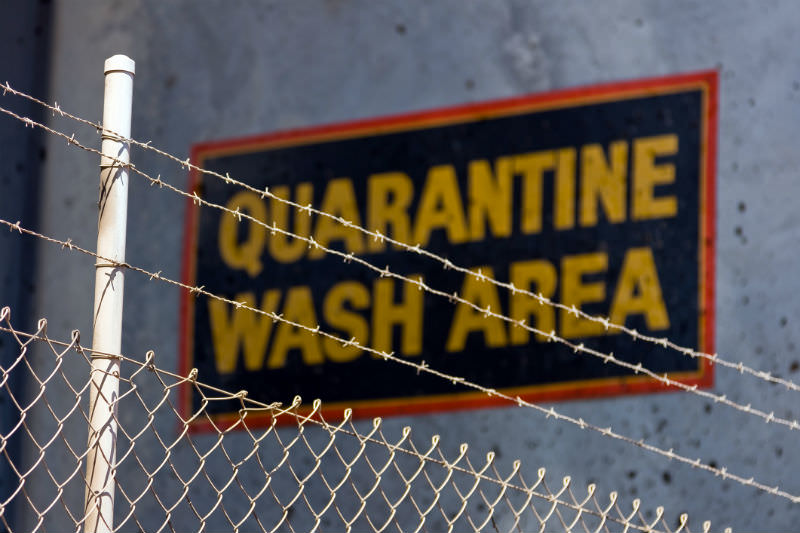
AUSTRALIA
- Binoy Kampmark
- 10 March 2020
6 Comments
Authorities can also be fearful, paranoid at the unruly nature of their subjects. Public health emergencies have been declared in various countries and while these are deemed necessary, they come with the exercise of broad, muscular powers.
READ MORE 